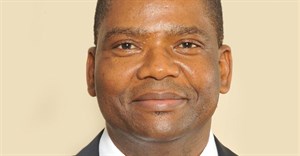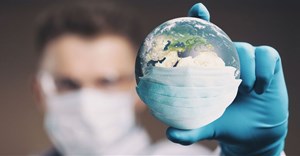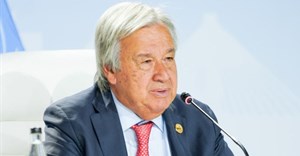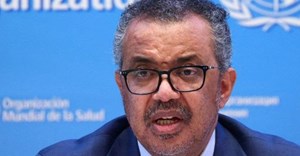Trending

 East Africa internet disrupted by another major undersea cable cutLindsey Schutters
East Africa internet disrupted by another major undersea cable cutLindsey Schutters
 George building collapse: 44 remain missingKatja Hamilton
George building collapse: 44 remain missingKatja Hamilton First of its kind MACC Fund to raise R10.2bn to transform creative industryDanette Breitenbach
First of its kind MACC Fund to raise R10.2bn to transform creative industryDanette Breitenbach
Elections 2024
Jobs
- Social Media and Content Manager Sandton
- Data Quality Officer Mahikeng
- Professional Minute Taker Cape Town
- Audiologist Swellendam
- Head of Marketing Johannesburg
Funding and security are key to global health
In addition, the recent epidemics of Zika and Ebola show how vulnerable and ill-prepared the world is for a major outbreak, says Dr Tedros Adhanom Ghebreyesus, the new head of the World Health Organisation (WHO).

“Pandemics of infectious diseases and other threats to health, such as antimicrobial resistance, transcend borders and national interests, so vulnerability for one is vulnerability for all of us. And viruses actually do not know or do not respect borders. We are reactive rather than proactive.”
Universal health coverage and health security are therefore the two sides of the same coin. “Strong health systems will not only be our best defence but will also be critical for attaining the sustainable development goals (SDGs). So we propose four ways forward which we actually all know.”
Four recommendations
He told the G20 summit in Hamburg that sustainable financing of the global health security system to prevent, detect and respond to emerging threats, whether natural or man-made, was a priority. “Ensuring a guaranteed level of contingency financing for outbreaks and emergencies would be a great start.”
Secondly, he said countries had to coordinate and map their capacities to strengthen preparedness.
His third recommendation is to support the goal of universal health coverage in line with the SDGs. “This is the strategic solution actually to prevent epidemics and provide quality care to our people by strengthening health systems of countries, especially in the most fragile and vulnerable parts of our world.
“And number four, prioritise research and development of new medical counter-measures through the research and development blueprint of the WHO. We strongly support the German proposal to establish the global collaboration hub on antimicrobial resistance research and development.
“Delivering on these priorities will cost money but only a fraction of what remaining unprepared will cost. WHO is prepared to fully play its leadership role. And together we need to take the responsibility of making the world a healthier and safer place. It’s possible and it’s in our hands.”













